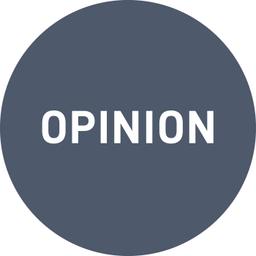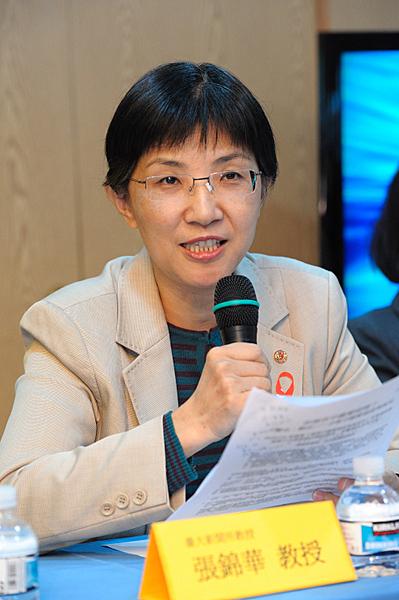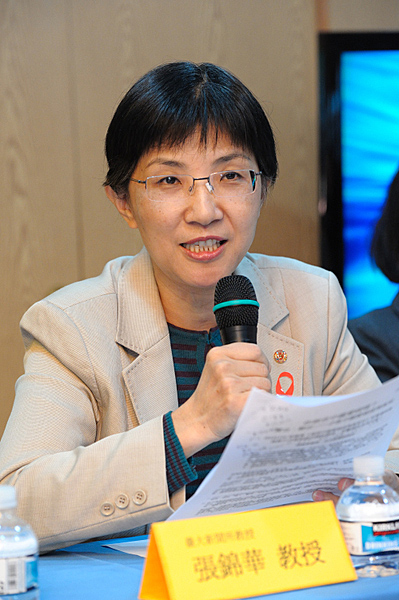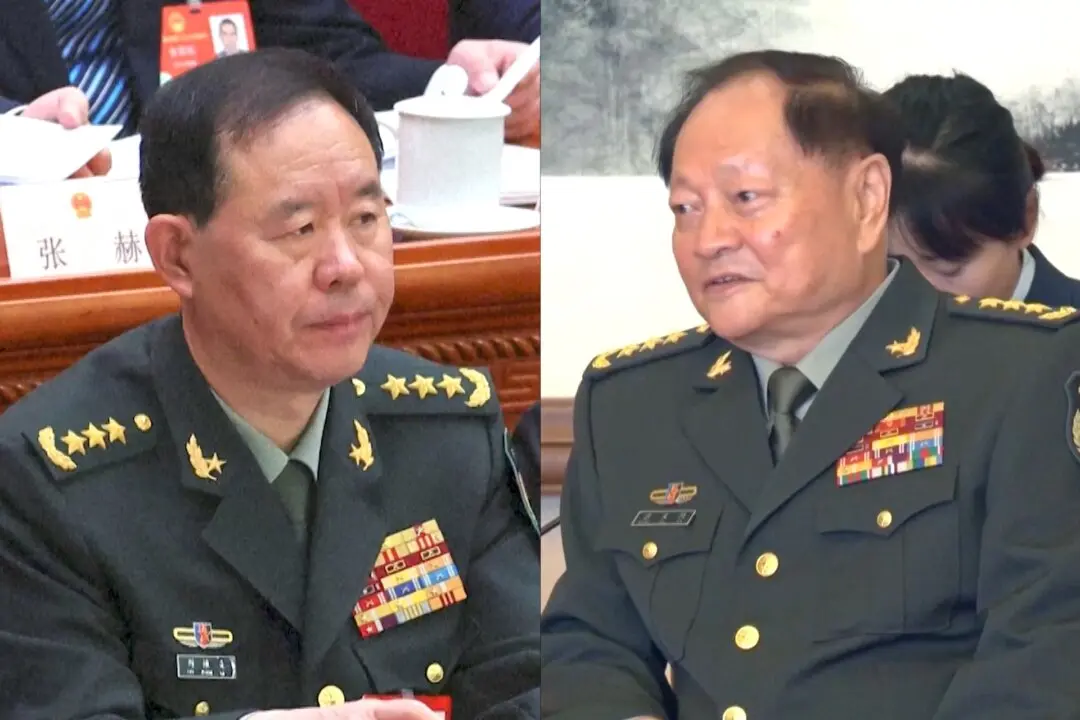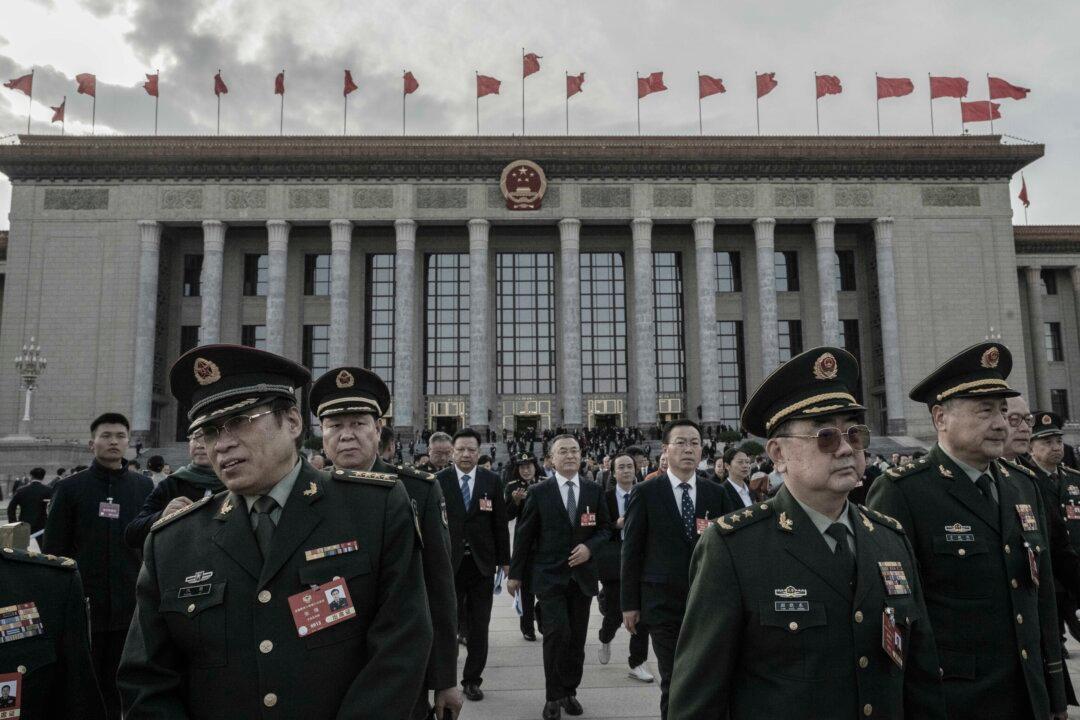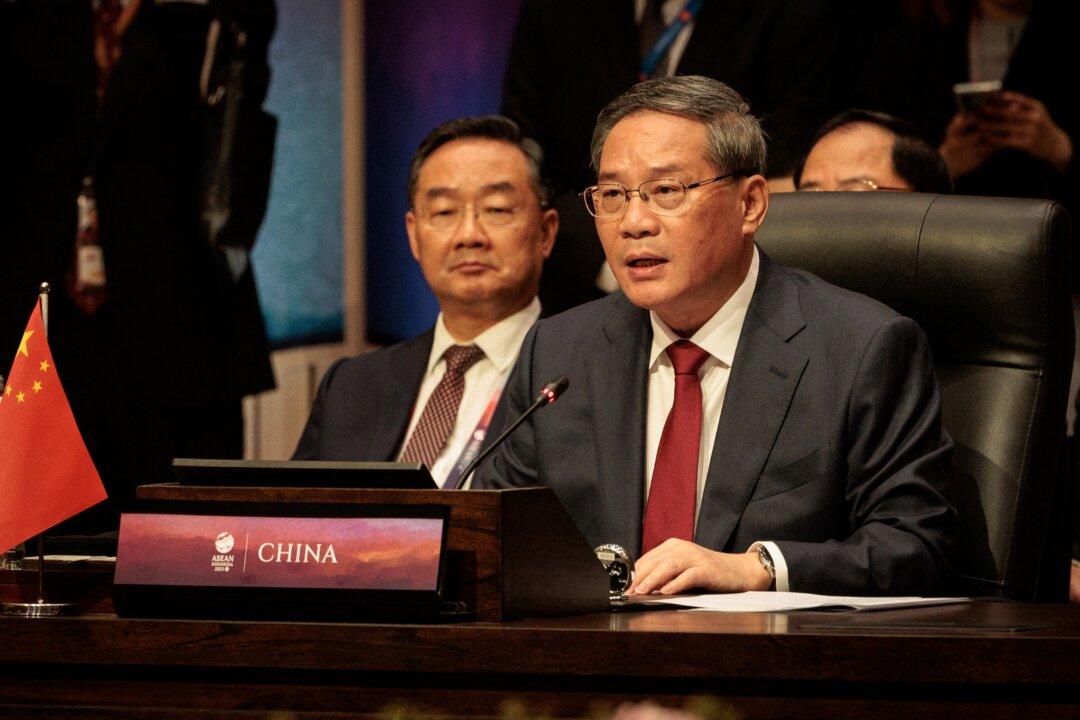Taiwanese media coverage of the Bo Xilai political scandal lacks depth and misleads Taiwanese people, a professor of journalism says. The incident is an example of how Taiwanese media rarely touches on the core problems of political and legal systems abuse by the Chinese Communist Party (CCP).
The Bo Xilai case reflects a serious crisis afflicting the Chinese regime’s ruling Communist Party elite, yet Taiwanese media merely focus on sexual scandals and individual corruption cases committed by Bo Xilai and Wang Lijun, Professor Zhang Jinhua from National Taiwan University Graduate School of Journalism told the Chinese language edition of The Epoch Times.
“Taiwanese people are misled and miss the big picture. It’s a most serious omission and failure by the majority of Taiwanese media,” she said.
Before the Bo Xilai scandal broke, Taiwanese media coverage of Bo was all positive, Zhang said. However, when Bo was the mayor of Dalian, Jiang Weiping, a senior journalist had already reported on Bo’s corruption, abuse of power, and failure to fulfill his official duty. But no Taiwanese media covered it, and they all portrayed Bo as the Mainland’s shining political star.
The public in Taiwan should be on their guard and realize that the news they get is not impartial, Zhang said.
“Taiwanese media may not have the ability to cover, or safeguard against, the fundamental problems in the Chinese Communist system. On the contrary, they even fall into the role of being a propaganda tool for the CCP,” she said.
Taiwanese Business Investments
The Bo Xilai incident is just one more example of how the Taiwan media is not doing its job of informing and protecting the Taiwanese public. Taiwanese business people have had to learn some hard lessons because of this omission.
Zhang said she once studied lawsuits involving Taiwanese businesses in Shenzhen City, Guangdong Province and discovered how the CCP used a new labor law to infringe on Taiwanese business interest there.
Taiwanese media failed to provide any warning before the labor law was passed, which gave Taiwanese companies no time to prepare, Zhang said. As a result, tens of thousands of Taiwanese businesses in Shenzhen were bankrupted.
The reason those Taiwanese businessmen lost all of their investments and had to face so many lawsuits, according to Zhang, is that they didn’t understand the CCP’s games, and they didn’t get well-rounded information from the media.
Zhang also said that Taiwanese businessmen shouldn’t only focus on the immediate benefits before them. They should be wary of giving in to the CCP’s threats and enticements, and not neglect to look at the long-term consequences stemming from the CCP’s political turbulences.
Zhang said her recommendation for Taiwanese people is that they follow the news put out by independent Chinese media such as The Epoch Times and New Tang Dynasty TV, etc., as these media grasp and present the true situation in China.
“We hope Mainland China will not be a Communist dictatorship anymore, and can change into a society that has freedom, peace, democracy, human rights, and the rule of law. That would be in their best interest.”
Read the original Chinese article.
Click www.ept.ms/ccp-crisis to read about the most recent developments in the ongoing power struggle within the Chinese communist regime. In this special topic, we provide readers with the necessary context to understand the situation. Get the RSS feed. Get the Timeline of Events. Who are the Major Players?
